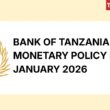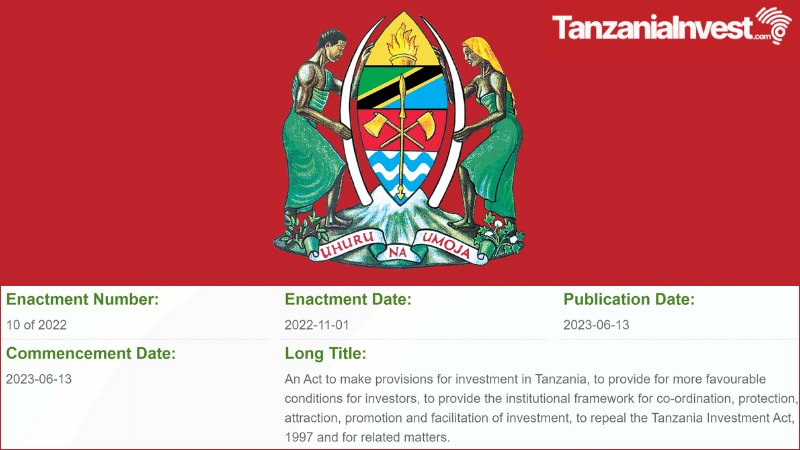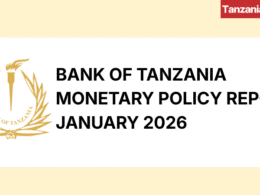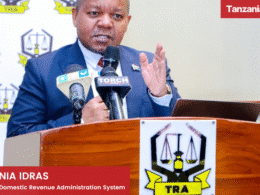In this article, we analyze the new Tanzania Investment Act No. 10 of 2022 (the New Act) that was passed by the Parliament on 2 December 2022 and that repeals the Tanzania Investment Act No. 26 of 1997 (the Old Act).
The Tanzania Investment Act of 2022 has been introduced by the government to attract more foreign direct investment (FDI) by creating a more attractive investment climate and promoting economic growth and job creation in the country.
The act aims to provide a more streamlined and efficient investment process, along with greater protection and incentives for investors.
Key features of the act include simplification of the investment approval process, improved dispute resolution mechanisms, tax and non-tax incentives, and provisions ensuring transparency and good governance.
Here are the 10 distinctions between the new and the previous Tanzania Investment Act of 1997.
1. The Act is in the Kiswahili language and there is no translation of the same in English.
2. Removal of the automatic immigration quota of 5 work and residence permits for expatriate workers. While previously an investor registered at the TIC would be allowed up to 5 immigration permits and this was typically used for investors’ strategic employees, this incentive is removed which means there is no guarantee for the investor to obtain immigration permits for its strategic employees who will be treated like every other applicant.
3. Local Investors, i.e. Tanzania citizens or companies where a shareholder owns more than 51% of shares may benefit from the incentives under the Act where the minimum investment capital is only USD 50,000 which is different from the previous statutory USD 300,000 requirement and practical requirement of USD 100,000.
4. The Act repeals the investment guarantees of unconditional transferability of proceeds of royalties, fees, and charges about the transfer of technology agreements that are part of the investment.
5. The Act repeals the provision that guarantees investments that were based on technology transfer agreements
6. The Act now contains additional requirements for investors under the Strategic or Major investment category to qualify for incentives. In addition to the investment capital which needs to be USD 20,000,000 for a Tanzanian investor and USD 50,000,000 for a foreign investor, there are these additional requirements for the investment namely:
a. To generate at least 1,000 local jobs with a sufficient number of senior positions on projects that do not require advanced and modern technology. The previous law required 1,500 local jobs.
b. To have the ability to increase exports by at least 50% of the products that are produced or reduce imports;
c. To have the ability to stimulate production by establishing economic incentives in various social and economic sectors;
d. To increase technical skills by introducing new technologies to Tanzanians; and
e. The potential and ability to produce products or provide services that are for development in the social and economic sectors and based on priorities of the nation.
7. The Special Strategic Investor requirements have stayed the same except for the requirement for the creation of at least 1,000 local jobs, which is a reduction from the former requirement of 1,500 local jobs. Furthermore, the law provides a list of items that are not subjected to any exemptions including, but not limited to, office supplies, cars not directly used in the project, metal sheeting, and concrete.
8. The Act provides for an additional function of the Tanzania Investment Centre (TIC) which is to deal with disputes that are investor-related. It is unclear how this is going to be implemented, especially if the TIC is a party involved in the cause of action of the dispute.
9. TIC is to establish an integrated electronic system for the facilitation and promotion of investment and the Ministry of Trade and Industries is to make regulations with other ministries responsible for different areas of investment such as agriculture, environment, etc on the manner of effectively obtaining and sharing information hence improving the investor experience and encouraging seamless registration services.
10. All certificates of incentives that were issued before this Act will still be valid and applicable including all incentives related to the certificate and registration.











